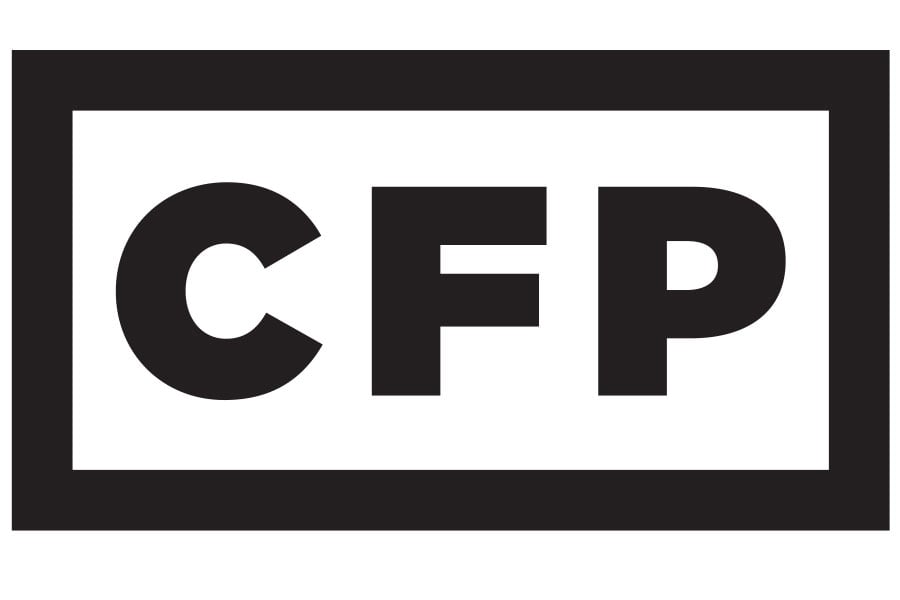

The Certified Financial Planner Board of Standards Inc. has made changes to its governance policies designed to give it a stronger hand in upholding the designation’s standards.
Under reforms the board recently adopted, the scope of the board’s appeals committee is extended to include oversight of ethical standards and enforcement. The audit committee now also is charged with monitoring enterprise risk management. The board committee that sets the chief executive’s compensation will now also make pay determinations for senior staff.
The current four-year board term will be reduced to three years while allowing members to serve two consecutive terms. The board also made the nomination process for board seats more formal to ensure the body has the right mix of skills, experience and knowledge.
The governance changes respond to recommendations last year from an enforcement task force that was established in the wake of a Wall Street Journal report that raised questions about the board’s ability to enforce the mark’s ethical standards.
“The combination of these governance enhancements will achieve the objectives that were set out largely in the task force report but more importantly set out by the board, and it’s what CFP Board expects to achieve on its own,” Board chair Jack Brod told reporters Thursday.
The reforms update and modernize the CFP Board’s governance structure and practices, said CFP Board Chief Executive Kevin Keller.
“These improvements support CFP Board’s ongoing evolution as the professional body for financial planners and reinforce the consumer confidence that comes from working with a CFP professional,” Keller said.
The governance changes follow modifications to enforcement procedures earlier this year in advance of the June 30 effective date for the new code of ethics and conduct attached to the designation. The centerpiece of that ethics reform is a stronger fiduciary duty requirement for the CFP mark.
“The enhancements and improvements [announced Thursday] … greatly enhance CFP Board's ability to enforce the code and standards for CFP certificants,” Brod said.
The enforcement task force recommended a majority public board. The CFP Board currently consists of 16 members, four of whom are public. There are two other members who are not CFPs but are not considered public members. The board will continue to have at least two public members.
“Considering the topics and the decisions and the governance responsibility, having a substantial representation of CFPs continues to be very important for the ability of this board to operate,” Brod said.
The CFP Board oversees the competency and ethical standards for the credential, which is held by approximately 87,000 investment professionals in the United States.

Relationships are key to our business but advisors are often slow to engage in specific activities designed to foster them.

Whichever path you go down, act now while you're still in control.

Pro-bitcoin professionals, however, say the cryptocurrency has ushered in change.

“LPL has evolved significantly over the last decade and still wants to scale up,” says one industry executive.

Survey findings from the Nationwide Retirement Institute offers pearls of planning wisdom from 60- to 65-year-olds, as well as insights into concerns.
Streamline your outreach with Aidentified's AI-driven solutions
This season’s market volatility: Positioning for rate relief, income growth and the AI rebound
